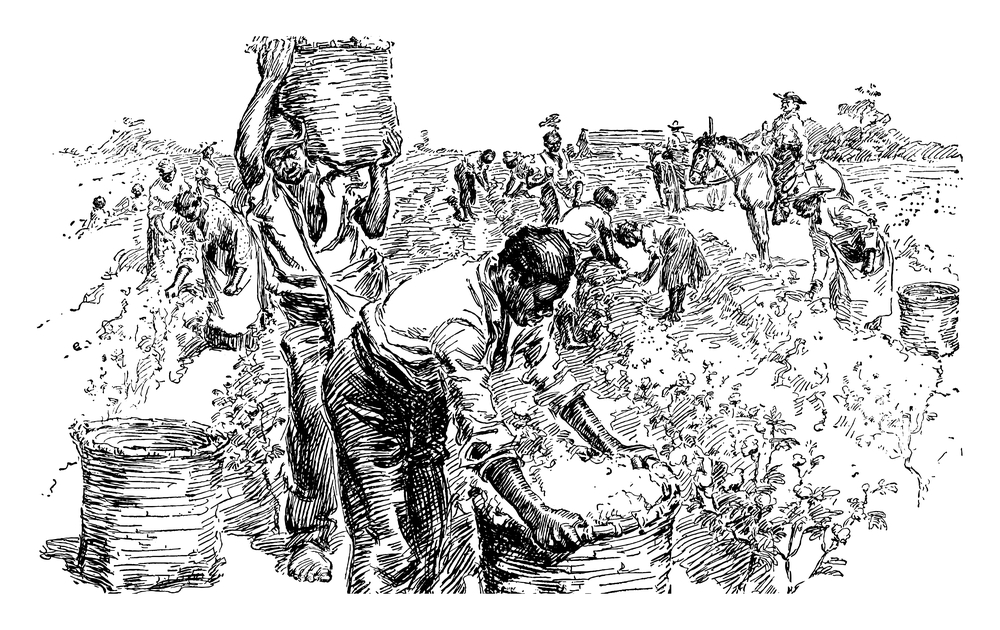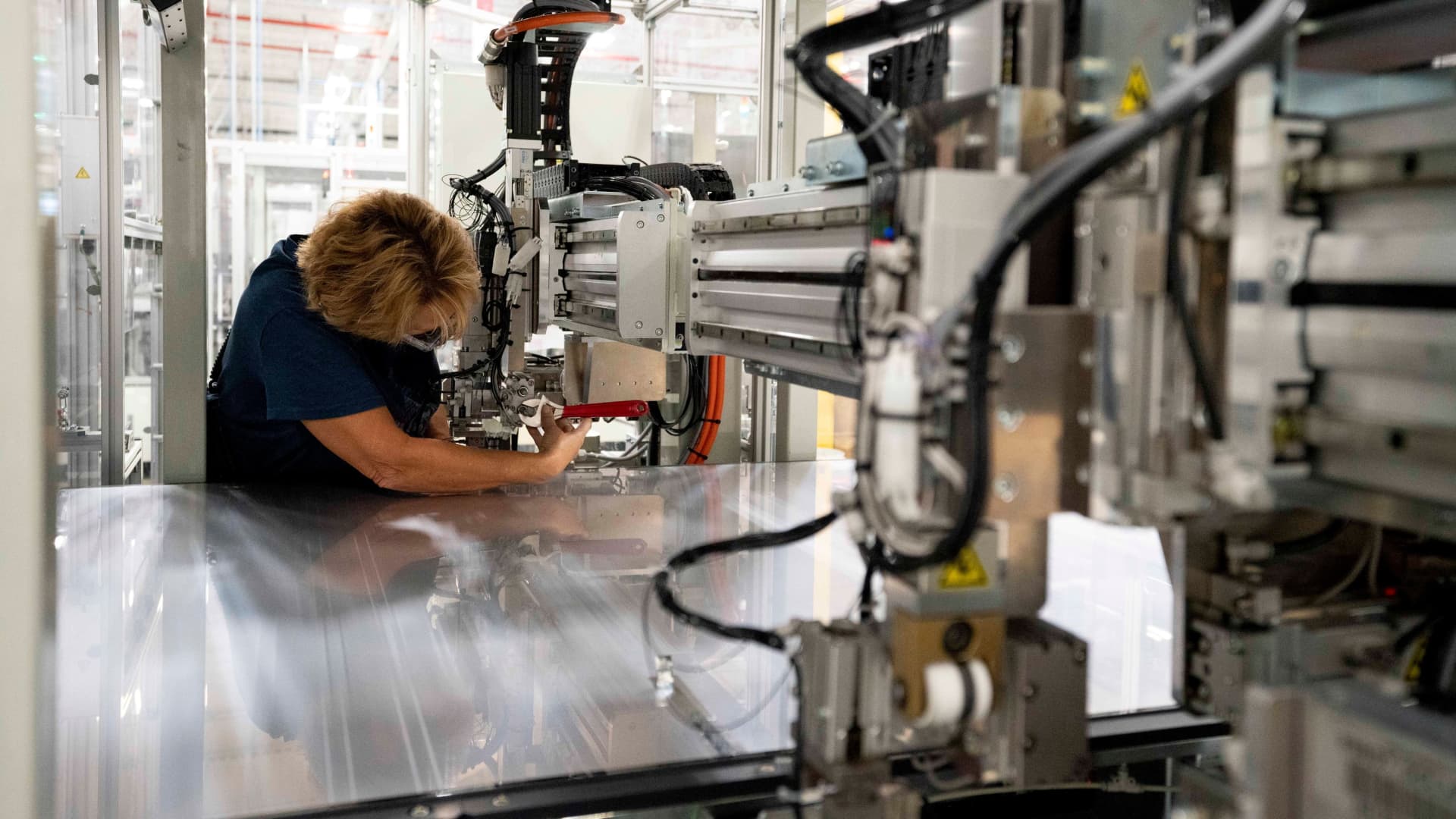Empires are strange things. As Britain lost its own, it gained a series of ethnic restaurants. Like chef Faye Gomes’s Guyanese stews at Elephant and Castle’s Kaieteur Kitchen. Or Letticia’s Sierra Leone Kitchen in Hackney. Or Bonoo in Finchley — one of the United Kingdom (UK)’s 12,000 Indian restaurants, up from 1,000 in 1970 — where, on Monday night, diners in colourful kurtas and dhotis celebrated a double helping of Diwali and Rishi Sunak’s anointment as Prime Minister (PM).
Empires are strange things. Seventy-five years after the Independence of India and a quarter century after the end of British rule in Hong Kong, the imperial legacy still colours both Britain’s own convulsive Brexit politics, and how the world sees the UK. But on Tuesday, Britain’s first non-white PM entered 10, Downing Street, after meeting the King. Afterwards, when the world rings Downing Street, the voice which answers will command basic Punjabi — picked up alongside cricket while visiting his grandparents’ home in India — and will belong to someone who, as a Member of Parliament (MP), took his oath on the Bhagavad Gita.
The UK is changing quickly, and not only for the worse.
On Monday night, a Diwali flash mob of women dancing in red, blue, and purple saris took over the road outside Belfast City Hall in a city infamous for visuals of burnt-out cars and orange parades.
For Sunak, his Punjabi and practising Hindu backgrounds have always been part of his public identity. It is perfectly possible to hold both identities and be British, he has often said. For his party, this also reflects the growing inroads Conservatives have made into the British Indian community — earlier a Labour constituency which is now a key swing vote — that is increasingly wealthy and responds to its language of entrepreneurialism, opportunity, and the value of small business.
A full 40% of British Indians voted for Theresa May in the general election in 2017. From 2018 until last week, three consecutive home secretaries came from family backgrounds with India links — Sajid Javid, Priti Patel, and Suella Braverman — while Liz Truss’s short-lived cabinet included Alok Sharma. It is Britain’s “Obama moment”, as tech founder Arshia Gratiot put it.
For many of the 7.5% of the UK’s population who are British Asians, and the further 14% who are from a minority background, it is a pivotal development — not just materially but emotionally. And for many, who weathered a life of microaggressions in university societies, as juniors in professions, at the pub, this comes as a sign of acceptance, of belonging. For the 4.5 million British Asians, this reflects and validates their own struggles, and successes. It speaks volumes about the way people from India have successfully integrated into mainstream British society. Sunak also brings the hopes, even for those who are not necessarily Tory voters, of a moment of political stability: With Britain cautiously saving, as Cambridge PhD student Max Kashevsky put it, “prime_minister_final_final_FINAL.docx”.
For ties between London and Delhi — Sunak has often described British Indians as a “living bridge” between the two nations — the new PM may bring long-awaited change. In August, he called for a more “two-way relationship” of business cooperation and expanded student visas between the former colonial power and the world’s largest democracy, after he was welcomed at Harrow’s Dhamecha Lohana Centre to dhol beats and cheers. India, if it once was the crown jewel of the Empire, is now the crown jewel of Brexit. Boris Johnson’s October 24 deadline for finalising the post-Brexit UK-India trade deal was missed, bogged down among other things by London’s desire to reduce import duties for UK products such as whisky, and Delhi’s push for an easier visa regime for students and businesses.
After all, India has surpassed Britain as the world’s fifth-biggest economy, on track to be the third-largest by 2050. And, Washington has signalled that a post-Brexit trade deal with the UK is on the back burner for now, putting increased emphasis on India to help remedy the poor export performance of an island nation now increasingly cut off from European markets.
Nothing brings friends together as much as common enmities and at the same event Sunak hailed India-UK ties, he called China “the biggest threat to our economic and thereby national security that this country has faced in a long time”. Such concern will only deepen with the authoritarian Xi Jinping consolidating power. Delhi’s Act East vision of itself as a strategic counterweight to China, viewed from the Thames, has never looked better. But among the celebrations, there are notes of worry, especially among those not on the Right, who are concerned about the ascendancy of Hindu Right-wing social conservatism in the UK.
At home, Sunak’s challenges are formidable. He will have to balance the nation’s books by selling a renewed austerity plan, raising unpopular taxes, restoring the market’s confidence in government bonds and keeping the Conservative Party’s base happy. He will have to do this while relying on his paltry parliamentary experience — having been a member only for seven years, the lowest for any PM since William Pitt the Younger in 1801.
But it is all part of a piece. The same wrestling with an imperial hangover that produced Brexit, and three PMs in two months, has now seen a person of Indian origin reach the pinnacle of Westminster — a teetotaller, vegetarian, Hindu.
For the country, it became a little easier overnight to think of Britain as a nation of immigrants, and despite Brexit and the short-lived economic policies of Truss’s rocky stint, perhaps even a land of opportunity.
Padraig Belton is a senior journalist and chair of the Westminster Strategic Studies Group, UK
The views expressed are personal















